A small-group conversation series to build trust and relationships and have thoughtful and candid discussions on labor rights and seafood.
overview
The Conservation Alliance has set new ambitious 2030 goals that are inclusive of environmental and social responsibility. When we launched the Global Hub we received feedback that in order for social experts to collaborate and join forces with the environmental community in this collective impact work, the Alliance and its Global Hub members must build relationships with social experts and defer to their expertise.
To make progress in this area, the Conservation Alliance is inviting human and labor rights experts to join a set of facilitated conversations with some Alliance Board members and a few practitioners at the intersection of environmental and social improvements.
goal
The goal is to build trust and relationships, share knowledge, and discuss different approaches and strategies to social responsibility in seafood via a series of six small-group discussions.
These facilitated conversations will be successful if groups are candid in sharing what has and has not worked in past efforts, what challenges and opportunities exist on the horizon, bring a spirit of curiosity to the discussion, and listen deeply to all participants.
timeline
October 2022 – April 2023
pARTICIPANTS
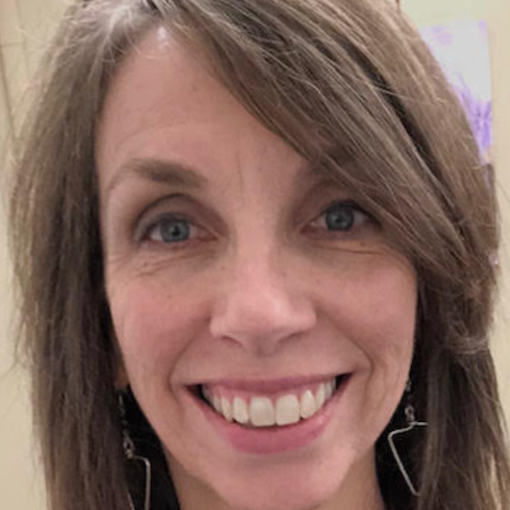
Kelley Bell
As FishWise Social Responsibility Division Director, Kelley leads strategic partnerships with companies and other relevant stakeholders to advance the adoption of responsible business practices in seafood. Prior to joining FishWise, Kelley served as Global Vice President of Social and Environmental Impact at Driscoll’s. She partnered with business leaders and farmers to integrate responsible practices and purpose into core operations. During Kelley’s 14 years in Agriculture, she established Driscoll’s charitable and community impact programs, award-winning labor standards and governance, and collaborative environmental efforts. The efforts of Kelley and her team resulted in long-term shifts in social and environmental practices in the produce industry and improved conditions for thousands of farm workers.
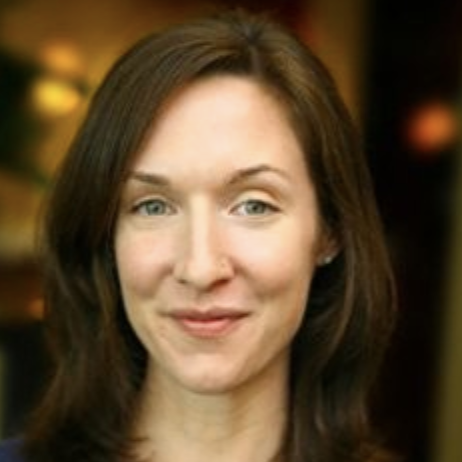
Lori Bishop
Lori’s work draws from more than 20 years of experience leading innovative social change initiatives, including broad and deep expertise on issues of forced labor in global supply chains. Most recently, Lori led the Social Responsibility Division at FishWise, a sustainable seafood consultancy working primarily with global brands, retailers, and their suppliers. Prior to FishWise, Lori created and managed Humanity United’s largest anti-slavery programs, including building and managing the Alliance to End Slavery and Trafficking (ATEST), managing HU’s entry into Asia, and developing a groundbreaking initiative to engage corporations, investors, and others in a proactive fight against modern slavery. Through this work – at the intersection of philanthropy, human rights, and sustainable supply chains – Lori spearheaded prize-winning journalism, the development of effective due diligence tools, direct relationships with Fortune 500 companies, and extensive engagement with civil society actors in the U.S. and globally.
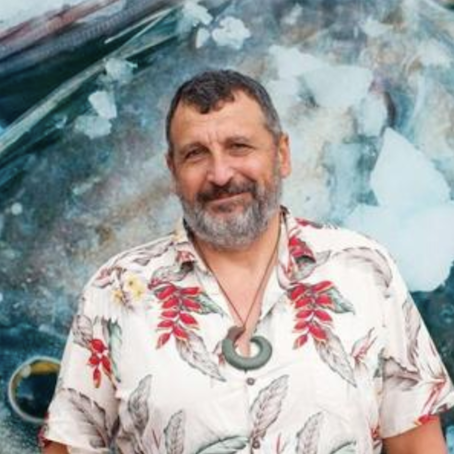
Francisco Blaha
Francisco Blaha’s experience ranges across the fisheries sector since the 1980s, from a fishing vessel he worked his way to his present position as an independent senior fisheries advisor for over 30 multilateral organizations, governments, NGOs, technology providers, and industry groups on a wide range of areas, in more than 55 countries worldwide. Originally from Argentina but based in the South Pacific since 1991, he is comfortable in fishing boats, factories, and boardrooms (mostly in that order) and works in three languages.
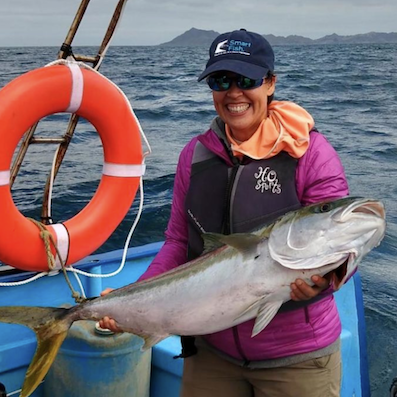
Cecilia Blasco
Cecilia Blasco is the Executive Director of the Mexican NGO SmartFish. She joined the organization in 2016 and leads a committed, multi-disciplinary team that is unlocking market incentives for sustainably caught seafood in Mexico. SmartFish incubates small-scale fisher co-ops to improve their fishing, handling, processing, and business practices to produce premium quality seafood that is independently verifiable as sustainable or improving. Their buyer engagement program follows CASS’ model and supports retailers and foodservice companies to develop sustainable sourcing policies. Cecilia has over 20 years of experience working on solutions to address environmental degradation and enhance community well-being.
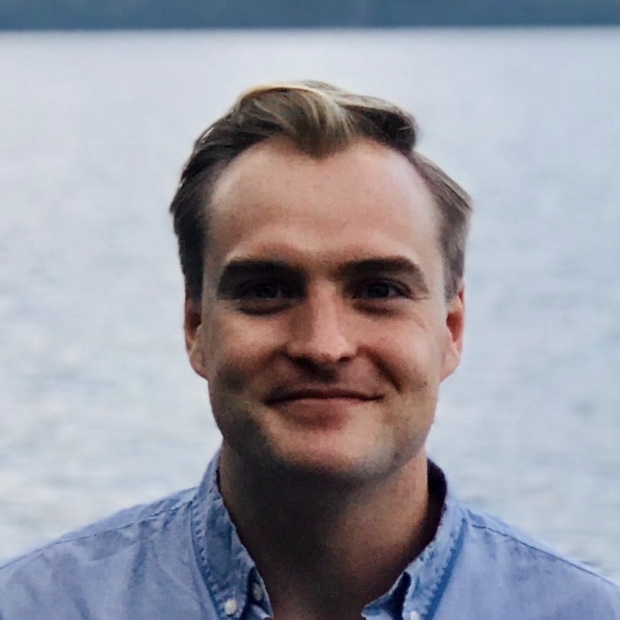
David Dietz
David Dietz works as a Program Integrity Specialist at the Global Seafood Alliance, developing and supporting the organization’s certification standards. Specifically, David’s work at GSA is on the Best Seafood Practices program for wild-caught products, where he is leading the development and growth of the Responsible Fishing Vessel Standard, an assurance of best practice working conditions and operations from catch to shore. David holds a graduate degree from Duke University in Environmental Management, where his research explored how the global seafood trade impacts nutritional security in developing nations. Prior to joining GSA, David served as the Socio-Economist for the North Carolina Division of Marine Fisheries.
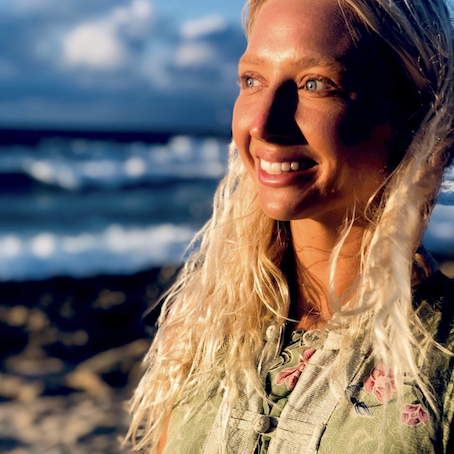
Juno Fitzpatrick
Juno leads C.I’s global effort to address human rights violations and eradicate slavery in the fishing industry — catalyzing partners toward collective action (i) to protect human rights, dignity, and access to resources, (ii) ensure equality and equitable opportunity to benefit; and (iii) improve food and livelihood security for environmental sustainability and social responsibility in global fisheries. She is passionate about oceans, human rights, climate change, and disaster risk reduction with 10 years of progressive program management, project design, policy analysis, humanitarian and development security & first aid in remote environments, worldwide.
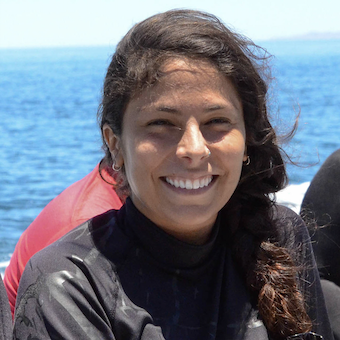
Melissa Luna
As the Social Responsibility Program Associate for FishChoice, Melissa supports the implementation, revision and clarification of the FisheryProgress Human Rights and Social Responsibility (HRSR) Policy. Specifically, she provides guidance and training for Fishery Improvement Projects (FIPs) reporting on www.fisheryprogress.org to meet HRSR Policy requirements, and supports stakeholder consultation processes, research, as well as identifying and tracking challenges and opportunities for program improvement. In addition, she engages in external projects to support HRSR Policy implementation and to build understanding of social responsibility and due diligence in the seafood movement more broadly. Prior to joining FishChoice, Melissa worked as an independent consultant integrating human rights based and gender-responsive approaches into global environmental programming, including the fisheries sector.
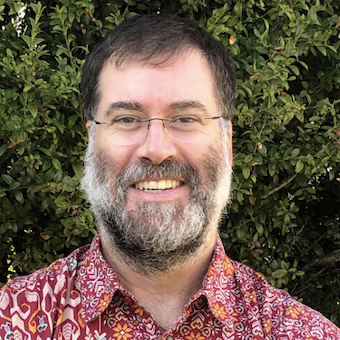
Dave Martin
Dave Martin is responsible for overseeing SFP’s work on marine ingredients and engagement in multispecies fisheries, leads SFP’s efforts to protect human rights and promote ethical treatment of workers in seafood, and is a member of the aquaculture team. Dave has been involved in conservation efforts for more than 25 years, focusing on working with communities in Siberia, the Russian Far East, Oregon, and throughout the Pacific Rim to promote sustainability, civil society, habitat conservation, and natural resource protection. Dave has MAs in both international policy studies and Russian translation from the Monterey Institute of International Studies and a BA in political science and Russian studies from the University of Iowa.
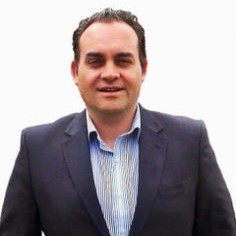
Darren Mitchell
Darren is the Operations Manager for the FISH Safety Foundation (FSF) – an international non-profit organization based in New Zealand that is dedicated to improving health & safety outcomes in global fishing. He has worked on, and project managed fishing safety intervention projects in the Philippines, Bangladesh, and in the Pacific Islands. These projects involved liaising with in-country project partners and local communities to design and implement much-needed safety training programs to be implemented within small-scale fishing communities. Darren has vast experience within the employment relations and labor law consultancy areas in advisory roles, and as a trainer and facilitator. This includes work in collective bargaining, dispute and grievance resolution, and guidance on the implementation of labor law and safety obligations and processes.
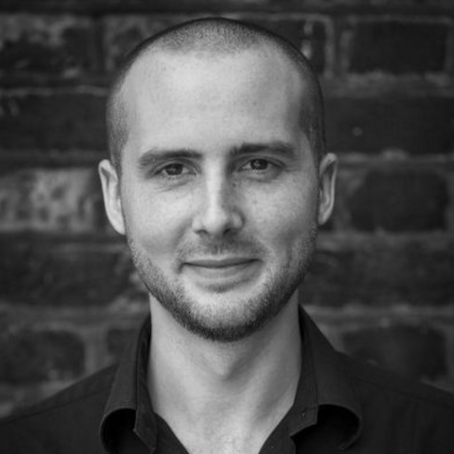
Daniel Murphy
Daniel is a consultant specializing in labour and social standards in fishing, with deep expertise on forced labour in Southeast Asian fisheries. Over the last decade, Daniel has developed a track record of demonstrable impact in this space through work with numerous public, private, and civil society stakeholders on a variety of interventions and programs. Most recently, he worked as a Senior Program Manager (maternity cover) at the Freedom Fund and a Senior Consultant at Impactt, a business and human rights management consultancy. Daniel has lived and worked in Thailand for 6 years and is professionally proficient in Thai. He holds a Bachelor’s degree in Philosophy from the University of York, UK, and a Master’s in Migration, Mobility, and Development from the School of Oriental and African Studies, UK.
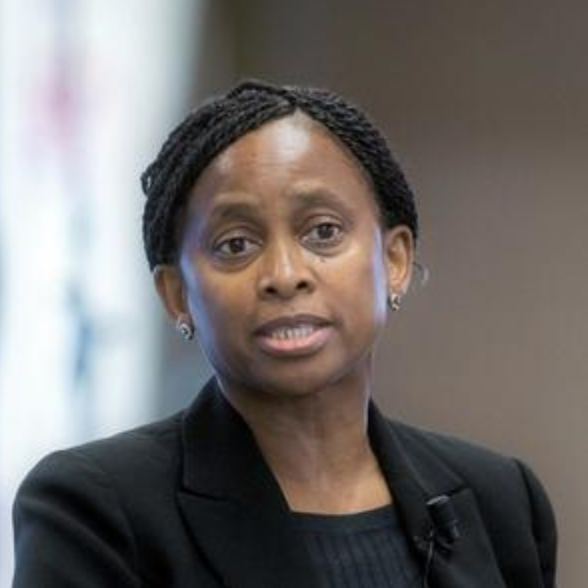
Dr. Yemi Oloruntuyi
Dr. Yemi Oloruntuyi currently has responsibility for the development and implementation of MSC’s policy and requirements on social issues. Prior to this, she led MSC’s Global Accessibility program which functioned to increase access of the program to small-scale and developing world fisheries. She has over 20 years of experience working on sustainable seafood, fisheries certification standards, and ecolabelling, with extensive experience in using policy to facilitate sustainability and certification in small-scale and fisheries in the global south. Prior to working at the MSC, she spent several years as a lecturer at the Lagos State University, Nigeria, where she was involved in teaching and research in aquaculture, fisheries resource management, and marine ecology.
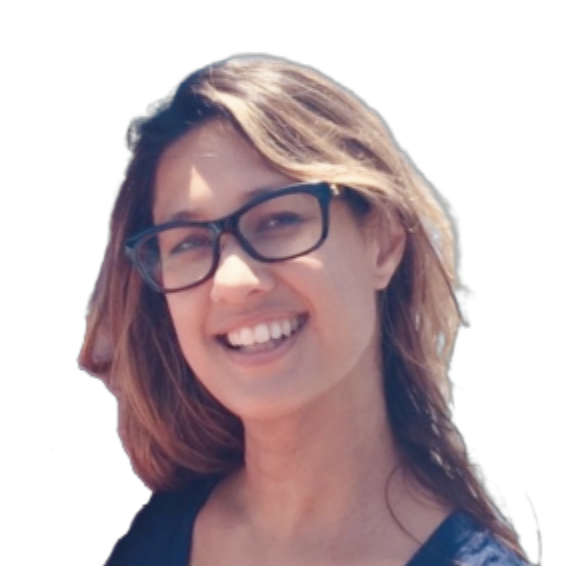
Dr. Lisa Rende Taylor
Dr. Lisa Rende Taylor founded the Issara Institute in 2014, and as the Executive Director oversees all strategy, programming, and innovation for the Institute. She has worked in the field of anti-human trafficking and forced labor for 20 years, beginning as a field researcher on the Thai-Burma border and then going on to work in the U.S. State Department, as Regional Director for the Asia Foundation, in the ILO, and as Chief Technical Advisor for UNIAP. Her doctorate (University of Washington, 2003) is in human behavioral ecology, with a specialization in predictive analytics and trafficking risk.
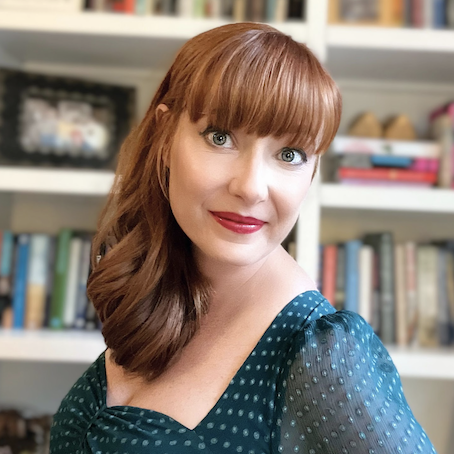
Dr. Jessica Sparks
Dr. Jess Sparks is a Research Assistant Professor at the Gerald J. and Dorothy R. Friedman School of Nutrition Science and Policy at Tufts University and a Research Fellow at the University of Nottingham Rights Lab. Her research focuses on conceptualizing and quantifying the processes and interconnections that facilitate a modern slavery-environmental degradation-climate change nexus, specifically looking at the spectrum of working conditions ranging from decent work to labor exploitation to forced labor and human trafficking in marine capture fisheries. She has worked in the labor and human rights field for over 15 years, first as a social worker and now as a Researcher.
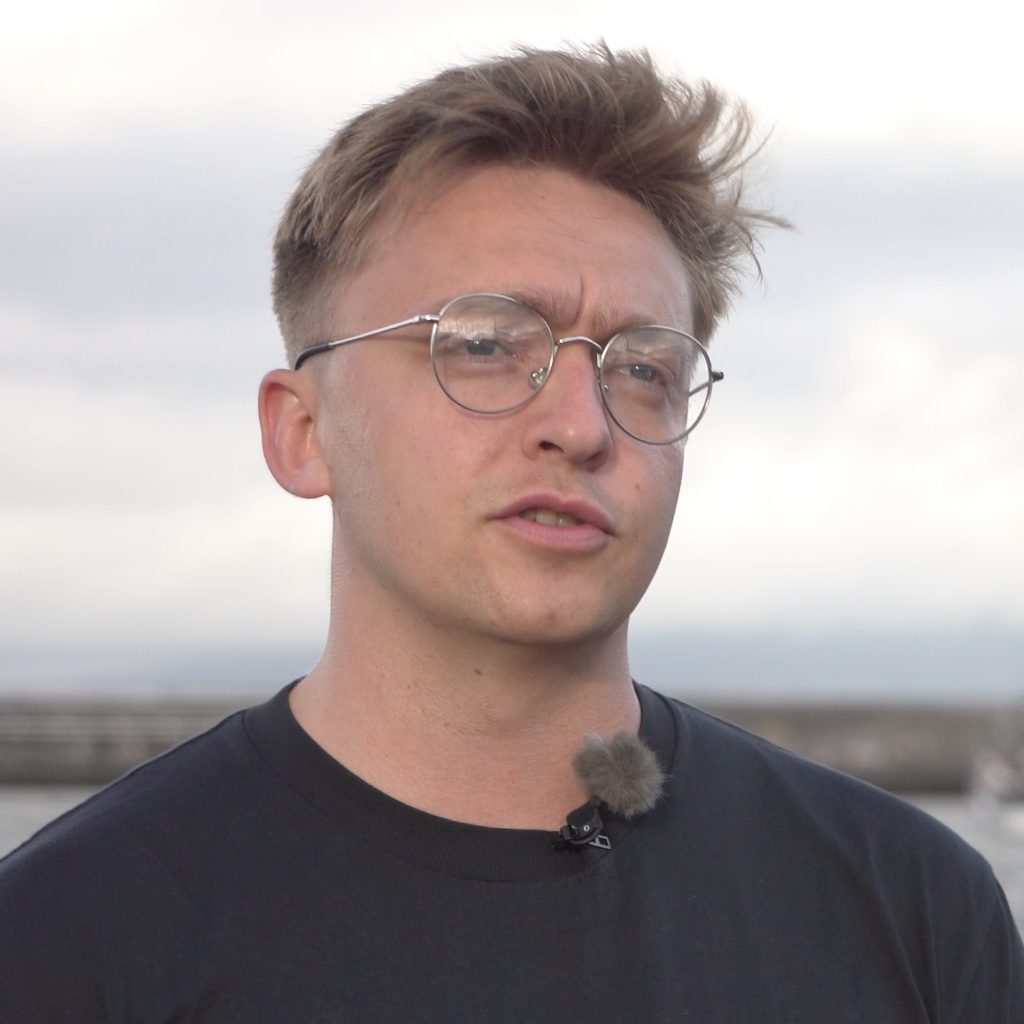
Zacari Edwards
As Social Responsibility Director for the International Pole & Line Foundation (IPNLF) Zacari oversees IPNLF work implementing social responsibility improvements in tuna supply chains. In this role, Zacari also provides social responsibility guidance to market actor NGOs and advocacy groups that duly consider social equity issues and challenges faced by small-scale fisheries. Social research is at the heart of this work whereby Zacari drives IPNLFs efforts to iteratively assess the social risks and social benefits associated with the fisheries it works with. Zacari also leads IPNLFs’ socially focused advocacy work to hold poor-performing fleets to greater accountability.
